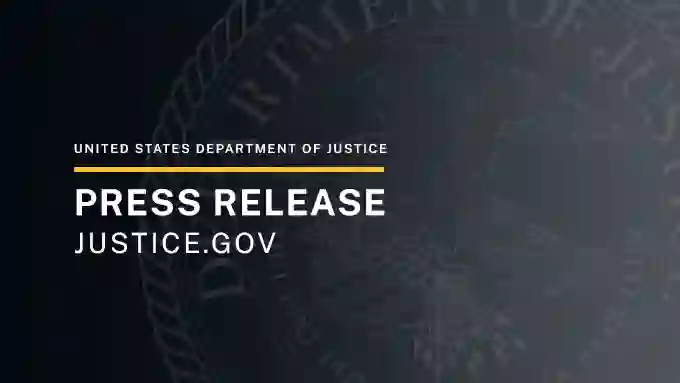When the COVID-19 pandemic hit in early 2020, the U.S. government quickly rolled out the Paycheck Protection Program (PPP) to help struggling businesses stay afloat. The program offered forgivable loans to eligible companies, but strict rules were in place to ensure only qualifying businesses benefited. Recently, several companies under the BWI umbrella—a global supplier of automotive brake and suspension systems—found themselves in hot water over allegations that they misrepresented their eligibility to secure PPP loans.
What Went Wrong with the PPP Loan Applications
BWI North America Inc., BWI Indiana Inc., and BWI Chassis Dynamics (NA) Inc. (collectively the BWI Entities) agreed to pay over $21 million to settle claims that they violated the False Claims Act.
The government says they submitted false information to obtain PPP loans they weren’t qualified for.
The PPP had clear eligibility requirements: businesses needed to certify their size and ownership status honestly, and government-owned companies were excluded.
But the BWI Entities were majority-owned and controlled by Chinese government enterprises, including the State-Owned Assets Supervision and Administration Commission of Beijing.
This ownership raised questions about their eligibility.
The Allegations Against BWI’s Ownership and Employee Count
According to the U.S. government, the BWI Entities failed to disclose their affiliations with other companies across China, Europe, and elsewhere. When combined, the workforce of the BWI Entities and their affiliates exceeded the employee limit set by the Small Business Administration (SBA) for the program.
More importantly, the government highlighted that being ultimately owned by a government entity automatically made them ineligible for the PPP loans.
Cooperation and Consequences
The BWI Entities didn’t fight the investigation passively. They cooperated with authorities by identifying key individuals involved and providing documents from their own internal inquiries.
This cooperation earned them credit in the government’s eyes, helping reduce the financial penalty under the Department of Justice guidelines for False Claims Act cases.
Acting U.S. Attorney Richard Frohling from the Eastern District of Wisconsin emphasized the importance of holding businesses accountable for abusing government programs designed to help Americans.
Similarly, Wendell Davis, General Counsel for the SBA, reaffirmed their commitment to fighting fraud and recovering funds wrongfully obtained from the PPP.
The Role of Whistleblowers and Legal Teams
This settlement also involved whistleblower provisions under the False Claims Act, which allow private parties to bring lawsuits on behalf of the government and share in any recovery.
The lawsuit was initiated by GNGH2 Inc., which will receive just over $2.1 million from the settlement.
The resolution was the result of a coordinated effort by multiple government agencies including the Justice Department’s Civil Division, the U.S. Attorney’s Office in Wisconsin, and the SBA’s Office of General Counsel and Inspector General.
Trial Attorney Lindsey Roberts and Assistant U.S. Attorney Michael Carter played key roles in handling the case.
What This Means Going Forward
While the settlement resolves the claims, it’s important to note that these are allegations — no determination of liability has been made.
But this case sends a clear message: the U.S. government is serious about cracking down on fraud and protecting taxpayer dollars, especially when it comes to pandemic relief programs like the PPP.
